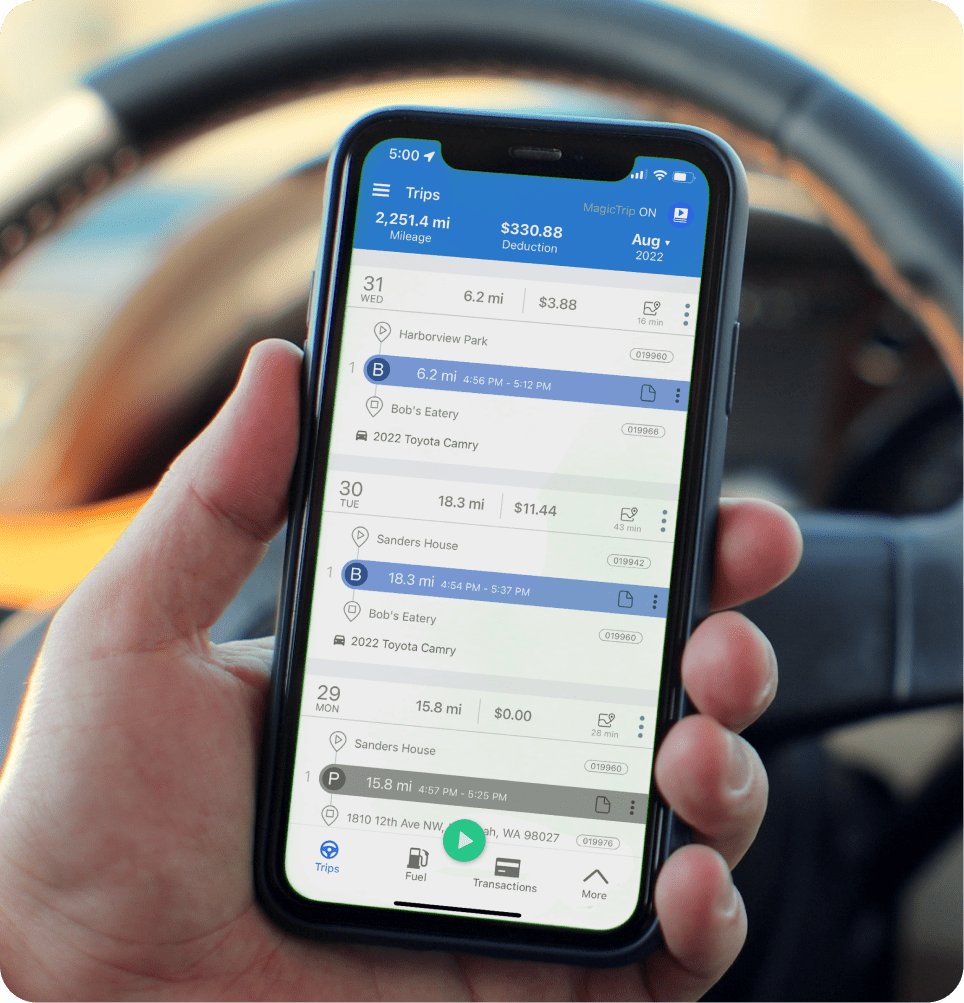Mileage rates, often ignored as a minor detail, play a significant role in personal and business finances. Whether you're a freelancer claiming tax deductions or a entrepreneur reimbursing employees, being aware of mileage rates is essential for effective expense management.

### What are Mileage Rates?
Miles Rates are fixed amounts that the IRS approves for the cost of operating a vehicle for work-related purposes. These rates are adjusted annually to reflect fluctuations in fuel prices, maintenance costs, and other relevant factors.
### Key Benefits of Mileage Rates
- **Tax Deductions:** Individuals and businesses can deduct mileage expenses from their tax base, considerably reducing their tax liability.
- **Fair Compensation for Employees:** Employers can reimburse employees for work-related travel expenses using the IRS rate, ensuring fair compensation.
- **Expense Tracking:** Mileage rates provide a standardized method for monitoring transportation costs, streamlining expense management.
- **Travel Cost Planning:** By understanding mileage rates, individuals and businesses can plan more effectively for travel expenses and make informed decisions about travel plans.
### How to Use Mileage Rates
1. **Track Business Miles:** Precisely track the work-related distance driven for each trip.
2. **Apply the Standard Rate:** Multiply the total business miles by the latest standard mileage rate set by the IRS.
3. **Keep Detailed Logs:** Keep detailed records of all business trips, including dates, starting and ending points, and the purpose of each trip.
4. **Monitor Annual Changes:** The IRS revises the standard mileage rate yearly, so make sure you are using the latest rate for your tax year.
### Beyond the IRS Standard
While the IRS standard Miles Rates is widely used, there are alternative methods for calculating mileage expenses:
- **Detailed Cost Tracking:** This method allows you to deduct the real costs associated with operating your vehicle, such as gas, oil, repairs, and insurance. However, it demands thorough record-keeping and may be more challenging to calculate.
- **Fixed Mileage Reimbursement:** Some businesses may create their own fixed rate per mile for employee reimbursements, which can differ based on factors like vehicle type and local fuel prices.
Understanding mileage rates is essential for anyone who relies on vehicle transportation for business or personal purposes. By accurately tracking mileage and applying the right rates, you can optimize your finances, reduce tax liabilities, and ensure fair compensation for travel expenses.